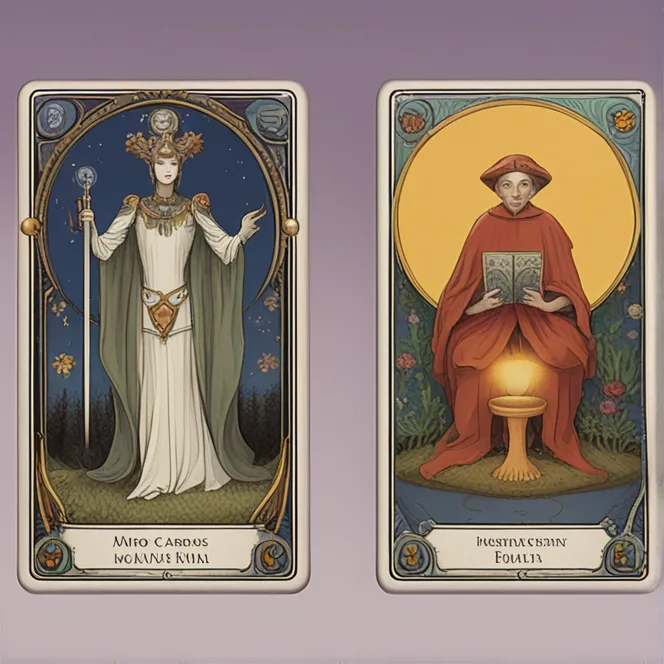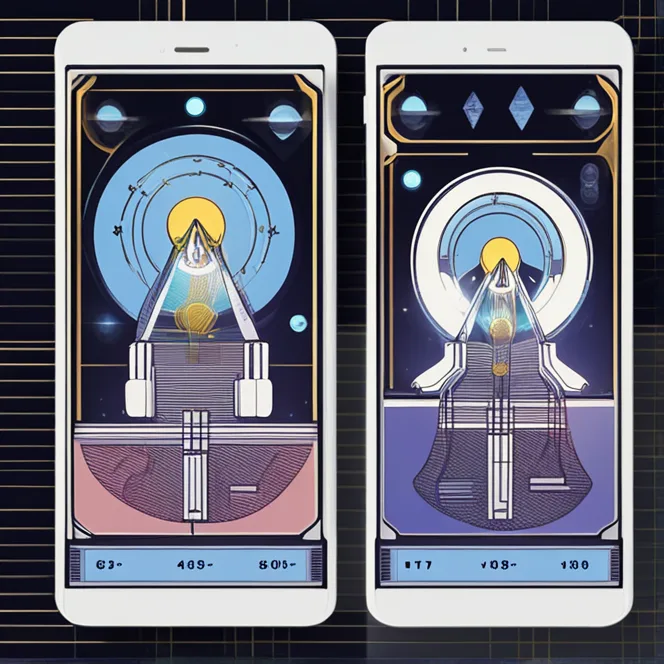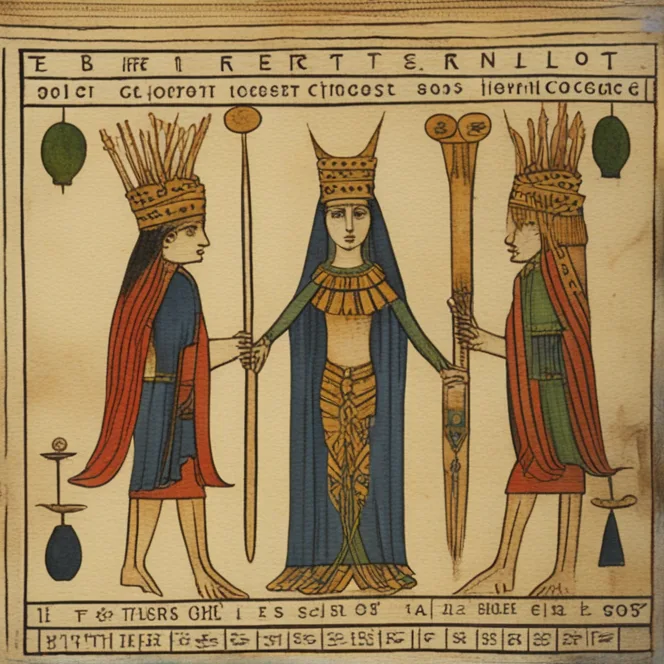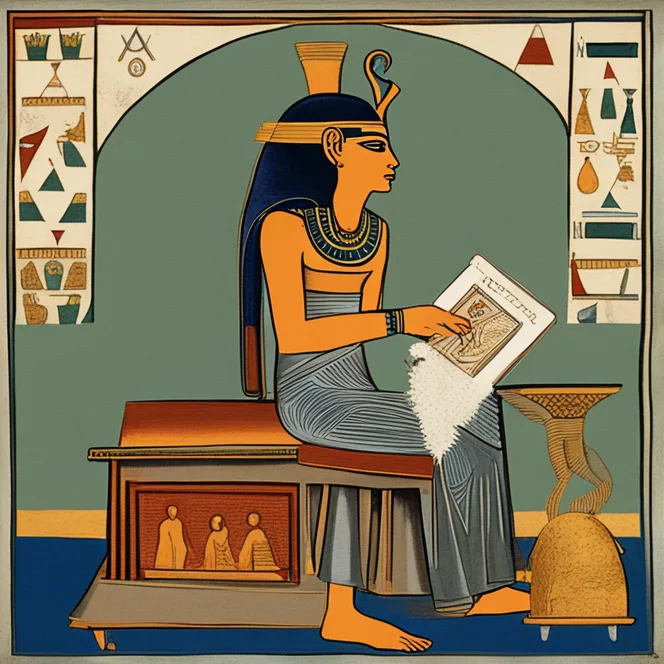
The Early Beginnings
Immersed in mystery and steeped in intrigue, the tarot has a history as rich and complex as the symbols found on the cards themselves. The earliest known tarot cards are traced back to the mid-15th century in Europe, specifically in parts of Italy, France, and Austria. Initially, these pictorial cards were used for games; they were not associated with mysticism, but rather served a purpose similar to that of modern playing cards. It wasn't until centuries later that the tarot’s mystical implications would be uncovered, revealing a deeper narrative that continues to fascinate enthusiasts worldwide.

Transition to Mysticism
By the 18th century, the tarot began to transition from game to guide, as mystics and occultists started to value the tarot for its potential spiritual significance. Antoine Court de Gébelin, a French scholar and a pivotal figure in this transition, argued that tarot cards held secret wisdom, linking them to ancient Egyptian lore. Around the same time, others, such as the French writer known as Etteilla, advanced the use of tarot for divinatory purposes, setting the groundwork for tarot reading practices that continue to evolve today.

The Tarot Deck Structure
A standard tarot deck consists of 78 cards, divided into the Major Arcana, which contain 22 cards, and the Minor Arcana, with 56 cards spread across four suits. The Major Arcana are symbolic of the journey through life, depicting archetypal figures and events that have universal meanings. The Minor Arcana, resembling traditional playing cards with suits and rankings, are representative of the challenges and activities encountered daily. The symbolism embedded in these cards reflects the collective unconscious and personal psyche, making them powerful tools for introspection and forecasting beyond 2024.

The Rise of Modern Tarot
The 20th century brought a new wave of interest in the spiritual and psychological facets of tarot. Pioneering figures like A.E. Waite and Aleister Crowley contributed significantly to this upswing. Waite, in collaboration with the artist Pamela Colman Smith, created the beloved Rider-Waite-Smith deck, which made the imagery of the tarot more accessible and relatable. Crowley's Thoth deck introduced more esoteric elements, reflecting his complex interpretations of mysticism. These modern adaptations offer a more intuitive connection for readers, and a deeper dive into the soul's path as looked at in contemporary times.

Tarot in the Digital Age
The digital revolution has not left tarot untouched. With apps for daily readings, online courses for learning tarot, and social media providing platforms for tarot enthusiasts to share insights, the ancient practice has embraced modern technology. These developments also provide alternatives for those seeking guidance, allowing astrology, biorhythms, and compatibility insights to meld with tarot divination for enriched personal exploration and forecasts. This marriage of ancient tradition with the digital landscape paves the way for an evolution in how individuals glean knowledge and enlightenment from the tarot.
Future Insights
As we look beyond 2024, the relevance and applications of tarot continue to expand, with practitioners finding new ways to incorporate its wisdom into daily life. From psychological growth to spiritual exploration, tarot remains a key instrument in self-awareness and decision-making. Its compelling imagery and timeless stories make it an endlessly adaptable tool for navigating an ever-changing future. The tarot's history reflects a journey not unlike our own, with each card and each reading capturing a moment in the evolving narrative of human consciousness.
Published: 12/15/2023
Modified: 12/15/2023
More predictions
Come back here soon to learn more about yourself and your future


Deciphering The Symbolism Of Tarot Cards
A concise guide to the symbolism and interpretation of tarot cards for insight and divination.


A Navigator's Guide To Tarot
Embark on a mystical journey through the tarot with our comprehensive guide to understanding these ancient cards and their meanings.


The Role Of Pentacles In Tarot Wisdom
Delve into the practical wisdom of the Pentacles in tarot, their earthy symbolism and their significance in readings.